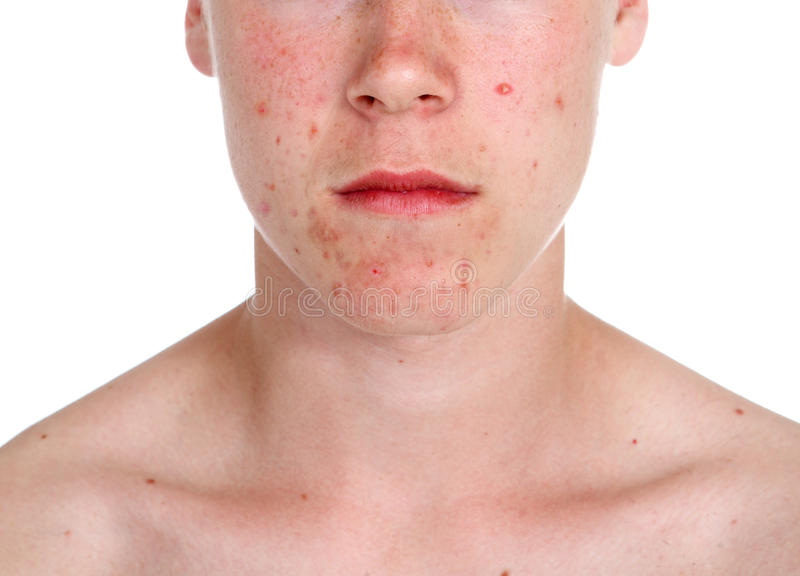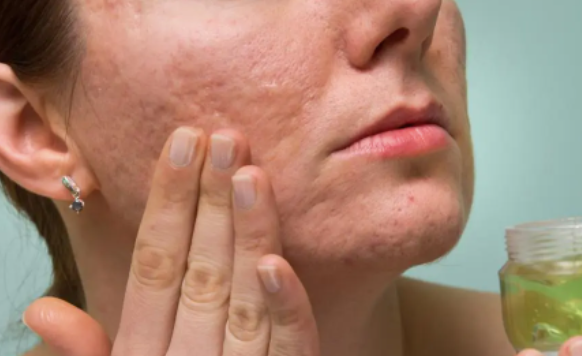Discovery of 29 new acne risk genes provides hope for new treatments
Published : February 07 2022
Source : medicalxpress

A study of the genetics of acne has identified 29 regions of the genome that influence the condition. These genetic insights offer potential new targets for treatment. They may also help clinicians identify individuals at high risk of severe disease.
The research, is the largest study of its kind, involving genetic data from over 20,000 individuals with acne.
The research, is the largest study of its kind, involving genetic data from over 20,000 individuals with acne. It was supported by the National Institute for Health Research Guy’s and St Thomas’ BRC. The study was led by investigators at the St John’s Institute of Dermatology at Guy’s and St Thomas’ NHS Foundation Trust and King’s College London and the QIMR Berghofer Medical Research Institute in Brisbane.
Acne is a common skin condition. Estimates indicate it affects 80% of teenagers. Spots and cysts, pigment changes and scarring are all common features. The face is the most common site, with the chest and back also frequently involved. The negative psychological consequences of acne are seen in all ages, but perhaps of particular concern for teenagers.
The research, published in Nature Communications, analyzed nine genome wide association study datasets from patients around the world. These studies involved scanning the whole genomes 20,165 people who had acne and 595,231 people who did not. The study identified 29 new genetic variants that are more common in people with acne. It also confirmed 14 of the 17 variants already known to be associated with the condition. This brings the total number of known variants to 46.
write a review
Discovery of 29 new acne risk genes provides hope for new treatments
Published : February 07 2022
Source : medicalxpress




